Laboratories are often resource-intensive operations, with high energy demand and potential environmental impacts from equipment, consumables, chemicals and waste. Scientists are increasingly aware of the need to develop and adopt sustainable approaches to laboratory practices to drive down the environmental footprint of labs. This could include changes to lab design, procurement, energy and resource consumption, and waste disposal, as well as rethinking research design with carbon footprint and environmental impact in mind.
This hour-long interactive webinar is for laboratory professionals, researchers, facility managers, and sustainability enthusiasts looking to hear from experts and lab professionals who have successfully implemented sustainable practices in their laboratories.
During this webinar, we were joined by expert panellists who champion sustainability in their work. Over the course of the hour, they shared their insights, practical tips, and innovative solutions to address the unique sustainability challenges faced by laboratories. They also showcased practical knowledge from case studies and shared their experiences and success stories.
By watching the upcoming recording of this webinar you will:
- Hear from an industry perspective how changes in the laboratory can have an impact across the business
- Learn how changes to day-to-day actions can make a difference to reduce carbon footprint, optimise resource usage and minimise waste
- Hear about Royal Society of Chemistry initiatives to champion and support sustainability in the lab
Our guest speakers
Helen Sneddon
Helen Sneddon carried out her MSci and PhD at the University of Cambridge. She moved to University of California Irvine, US, with a Royal Commission for the Exhibition of 1851 research fellowship for a postdoc, then worked at GlaxoSmithKline for 15 years. At this point she took up the position of professor of sustainable chemistry, and director of the Green Chemistry Centre of Excellence, at the University of York, UK, in April 2022. Her research interests include solvent and reagent selection, halogenation and laboratory sustainability.
Lee Hibbett
Lee Hibbett is a technical manager within the School of Pharmacy at the University of Nottingham, having worked in many different types of research labs. He has just completed a 6-month secondment with the University of Nottingham sustainability team, looking at making laboratory areas greener. In the last 3 years Lee set up the Technical Sustainability Working Group, bridging the gap between laboratories and estates. The working group consists of likeminded technicians across all fields and departments coming together to find and look for new ways to improve and change sustainable practices in the areas they work. Through this work Lee received the 2022 Green Gown award for sustainable champion.
Amy Charbonneau
Amy Charbonneau is an operations manager at Xampla, an innovative SME in Cambridge designing plant-based replacements for the most polluting plastics. Amy joined Xampla in 2020 and was amongst one of the first employees, seeing the company rapidly grow to over 40 team members. Amy is part of Xampla’s management team and has overall responsibility for grant funded projects, technical operations and Xampla’s quality and environment certifications.
Sustainable laboratories report
The RSC Sustainable Laboratories report shows how chemical scientists around the world are acting to reduce the environmental footprint of their research, while delivering ground-breaking discoveries and innovation to make the world a better place. The report shares the barriers and trade-offs they face in making sustainability-related changes, and the many opportunities for collaboration and other positive action.
The RSC Sustainable Laboratories Grant, launching in September 2023, aims to accelerate the chemical sciences community’s journey to environmentally sustainable research and innovation. Grants of up to £10,000 are available for activities to advance understanding, increase take-up of environmentally sustainable laboratory practices in the chemical sciences, and facilitate sharing of best practice.
Sign up to our Re:action newsletter so you don’t miss it.




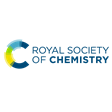

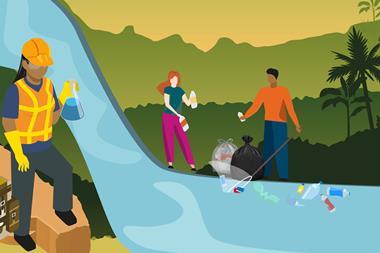
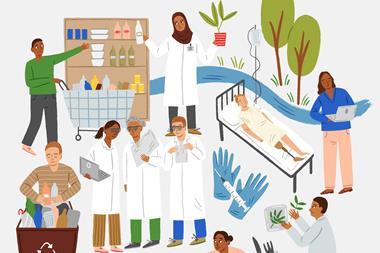



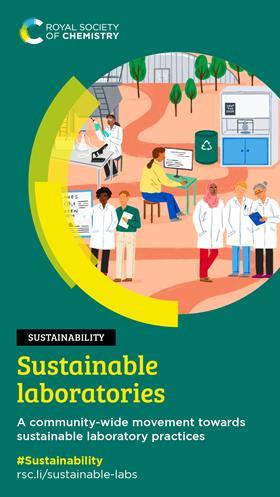
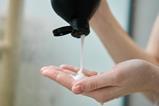


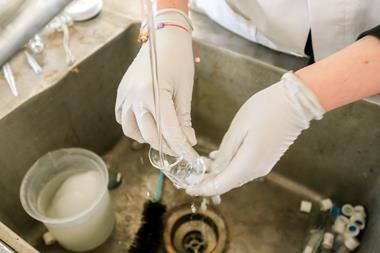



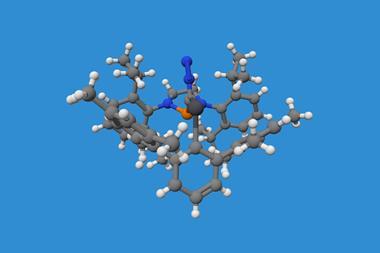
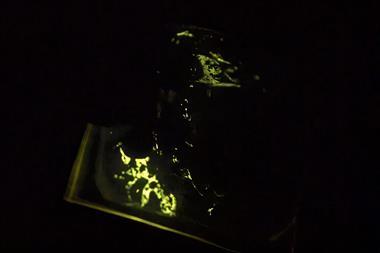






No comments yet